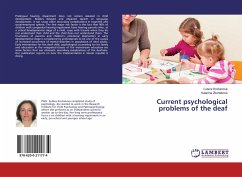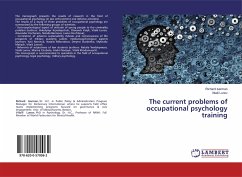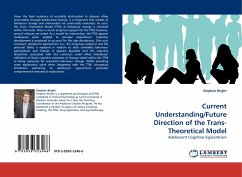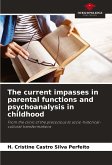Prelingual hearing impairment does not remain isolated in child development. Besides delayed and impaired speech or language development, it can cause other secondary complications in cognitive and social-emotional sphere. The first major risk factor is the fact that 90% of children with congenital hearing impairment have hearing parents who, at a critical developmental stage of a child, cope with trauma when they do not understand their child and the child does not understand them. The frustration of parents and children's emotional deprivation in early developmental stage is considered by professionals to be one of the causes of increased occurrence of mental disorders in population of deaf adults. Early intervention for the deaf child, psychological counseling for his family and education in the integrated classes of the mainstream education are some factors that can eliminate secondary complications of the deafness. Our publication reports on how the implementation in Slovak republic is doing.
Bitte wählen Sie Ihr Anliegen aus.
Rechnungen
Retourenschein anfordern
Bestellstatus
Storno








